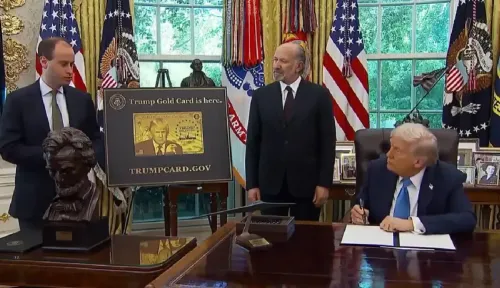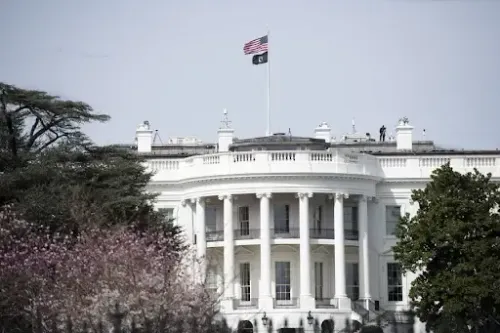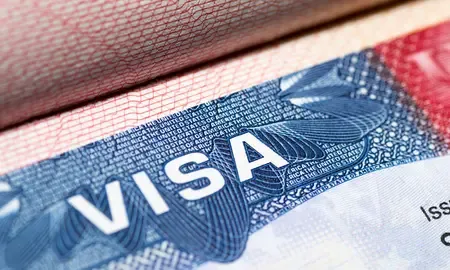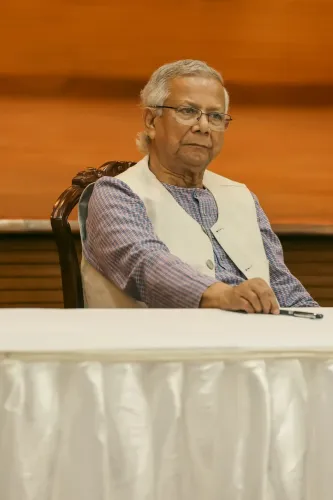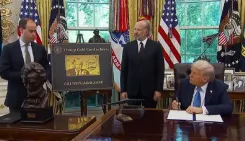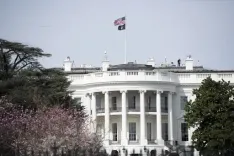Is the Khalistani Group Spreading False Propaganda About the White House Response?
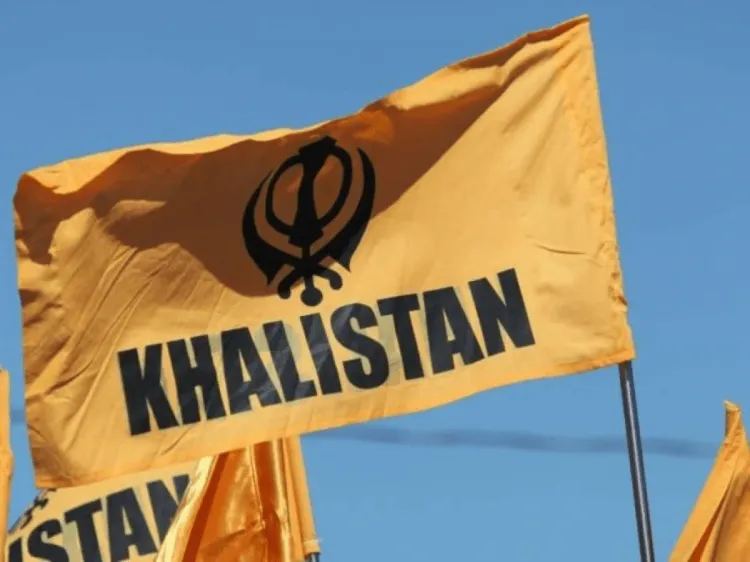
Synopsis
Key Takeaways
- Sikhs For Justice misrepresented a White House letter.
- The letter was a standard protocol, not an endorsement.
- Such propaganda can mislead public opinion.
- Vigilance against misinformation is crucial.
- The MHA has confirmed SFJ's terrorist affiliations.
Washington, July 29 (NationPress) The Khalistani group Sikhs For Justice (SFJ) has disseminated misleading information regarding a standard correspondence from the White House directed to SFJ leader Gurpatwant Singh Pannun.
The letter, dated July 24, served as a procedural acknowledgment of a citizen's communication and is part of routine governmental practice to engage with individuals on various topics.
Such letters are routinely dispatched to thousands annually, addressing diverse issues. The correspondence from the US President's Office was merely a courteous governmental formality, devoid of any endorsement, special recognition, or alteration in policy, as reported by Khalsa Vox. Nonetheless, certain pro-Khalistani factions have misrepresented this letter as a “response from the American President” endorsing their mission.
This type of misinformation illustrates a troubling trend of leveraging democratic frameworks and transparent institutions to falsely assert international support. These maneuvers represent a theatrical political performance lacking genuine substance, aimed solely at capturing headlines and swaying public sentiment.
The White House letter did not reference Khalistan, secession, or any endorsement of such movements. It simply reflects US foreign policy, national interests, and diplomacy—similar to countless other letters sent to concerned citizens. The actions of Khalistani supporters serve as a reminder for vigilance against propaganda disguised as formal communication.
In January, the Unlawful Activities (Prevention) Tribunal upheld a notification from the Union Ministry of Home Affairs (MHA), banning the pro-Khalistani group Sikhs for Justice for a five-year period.
The tribunal, led by Justice Anoop Kumar Mendiratta of the Delhi High Court, concluded that the evidence presented by the Centre confirmed SFJ’s ties to Khalistani terror factions such as Babbar Khalsa International and Khalistan Tiger Force, along with collaboration with Pakistan's Inter-Services Intelligence (ISI) to revive militancy in Punjab.
The findings indicated SFJ's role in recruiting young individuals via social media, financing terrorism through smuggling operations for arms and explosives, and issuing threats to political leaders, including the Prime Minister and the Home Minister.
On July 9, 2024, the MHA announced an extension of SFJ's designation as an unlawful association for another five years, citing its activities as having the potential to disrupt the “peace, unity, and integrity of the country.”
A subsequent reference was made to the UAPA Tribunal to determine if there was adequate justification for this designation. According to the MHA, SFJ engages in anti-national and subversive activities in Punjab aimed at undermining India's sovereignty and territorial integrity.

